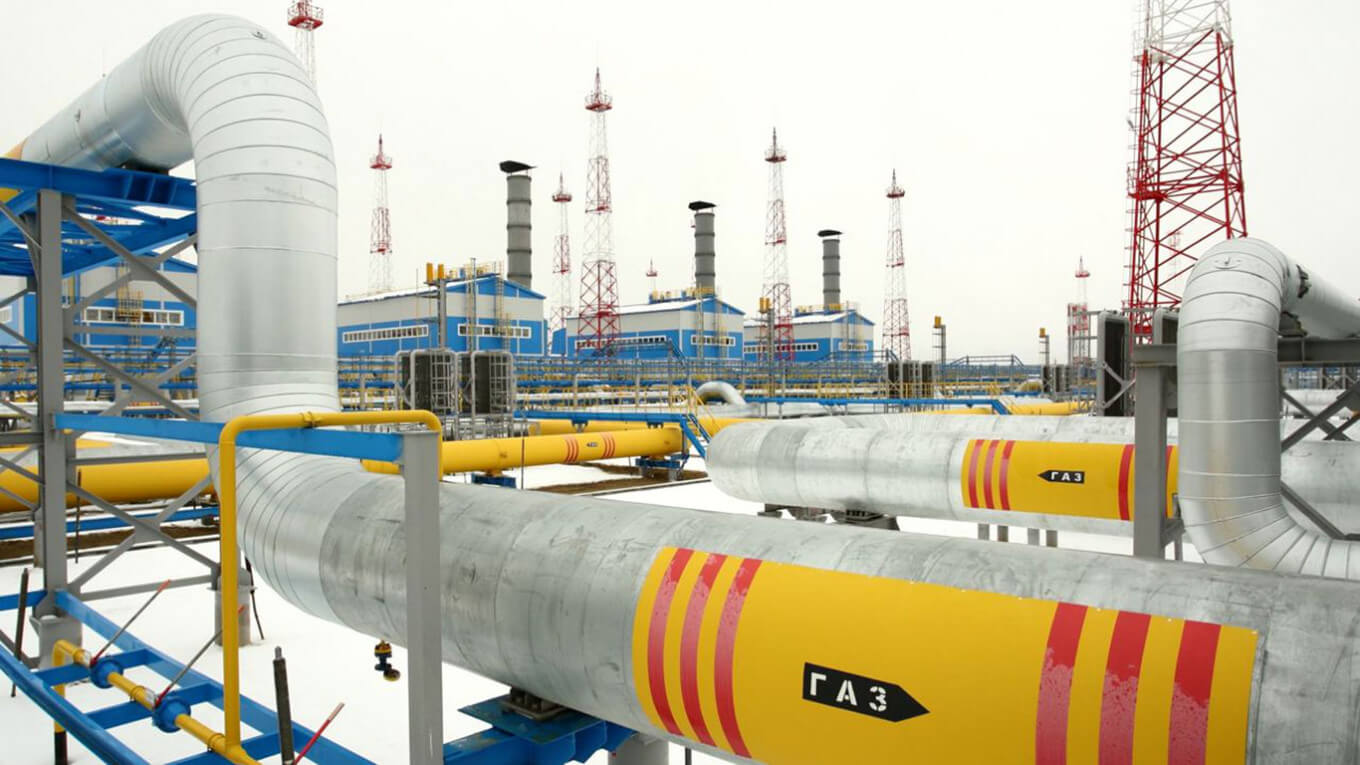On Thursday, European Commission’s (EC) Executive Vice-President, Valdis Dombrovskis, warned European Union (EU) members of legal action if they violate EU sanctions by paying for Russian gas deliveries in rubles.
While speaking to Euronews, Dombrovskis called the situation a “relatively complex setting.” “So on the one hand, it’s member states which are monitoring the implementation of sanctions by concrete companies in their territory. But on the other hand, as European Commission, we are monitoring whether member states are actually enforcing sanctions,” he stated, adding, “If we see that this is not the case, there is also a possibility for the European Commission to start infringement procedures in this regard.”
When questioned about the possibility of Gazprom halting gas supplies to EU nations, as it has done with Poland and Bulgaria, Dombrovskis noted that the bloc has a contingency plan for such situations, including sourcing gas supplies from partners like the United States (US) and Norway. “It’s clear that we cannot give in to this Russia’s blackmail. Even regardless of this development in these days, we had strategically decided that we will be moving away from Russia's fossil energy,” the EC Executive Vice-President revealed.
The #EU is discussing a sixth package of sanctions against #Russia, which will most likely include the Russian energy market.
— NEXTA (@nexta_tv) April 23, 2022
This was stated by #European Commissioner for Trade Valdis Dombrovskis and Minister of Finance of #Lithuania Gintare Skaiste. pic.twitter.com/yq2tGcIaVo
Dombrovskis’ comments come after Russian state-owned energy company Gazprom stopped gas supplies to Poland and Bulgaria after they failed to pay for gas deliveries in rubles. Last month, Putin had ordered “unfriendly countries,” including from the 27-member bloc, to open a bank account with Gazprombank to convert their euros or dollars into rubles, and then pay for Russian energy imports.
However, Warsaw and Sofia refused to abide by Putin’s decree and were thus cut off from gas supply. The EU slammed Russia’s decision as “blackmail.” EC President Ursula von der Leyen also called his demand a violation of existing gas contracts between the bloc and Russia, which stipulates that payments be made in euros or dollars.
“Companies with such contracts should not accede to the Russian demands. This would be a breach of the EU sanctions and therefore a high risk for the companies,” she asserted.
"It comes as no surprise that the Kremlin uses fossil fuels to try to blackmail us"
— Bloomberg UK (@BloombergUK) April 27, 2022
EU Commission President Ursula von der Leyen calls Gazprom's halt on gas supplies to Poland and Bulgaria "another provocation," promising an "immediate, united" response https://t.co/hGEki73CQ5 pic.twitter.com/egMM5G8TYX
Despite Brussels’ warning, at least ten European companies have opened accounts in Gazprombank to pay for Russian energy deliveries in rubles. Furthermore, according to Bloomberg, four companies have already paid in the Russian currency. One of Germany’s largest energy firms, Uniper, has confirmed that it will adhere to Putin’s demand of ruble payments. “For our company and for Germany as a whole, it is not possible to do without Russian gas in the short term; this would have dramatic consequences for our economy,” Uniper claimed.
Hungary has expressed willingness to abide by Putin’s payment scheme to secure gas supplies, while Austria and Slovakia are also seeking to open accounts with Gazprombank without skirting the EU sanctions.
Germany and Austria are trying to thread a tight needle
— Samuel Ramani (@SamRamani2) April 28, 2022
They are trying to satisfy Russia's ruble payment demands while not violating EU sanctions. The EU says this is possible but its complex.
The company’s statement is in line with German Chancellor Olaf Scholz’s government’s reluctance to join the bloc in sanctioning Russian energy imports. German Minister of Finance Christian Lindner has previously said that Germany is firmly against imposing an oil embargo against Russia, as it would not be able to withstand the economic impact. In response, Ukraine has criticised Scholz for his “weak response to the [Ukraine] crisis” and even allegedly refused a visit by President Frank-Walter Steinmeier to Kyiv, saying he is “not welcome.”
The Scholz administration appears to have taken this mounting criticism to heart, with Minister for Foreign Affairs Annalena Baerbock announcing last week that Germany will halve its Russian oil imports by the summer and “be at 0 by the end of the year.” She noted that “gas will follow,” but did not offer further detail.

